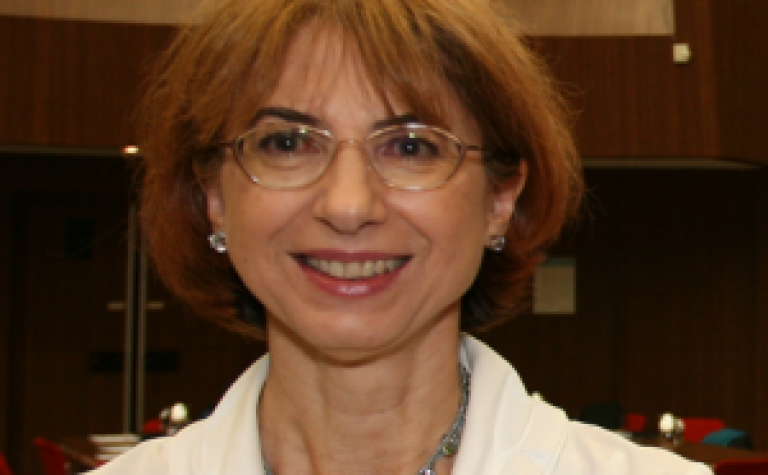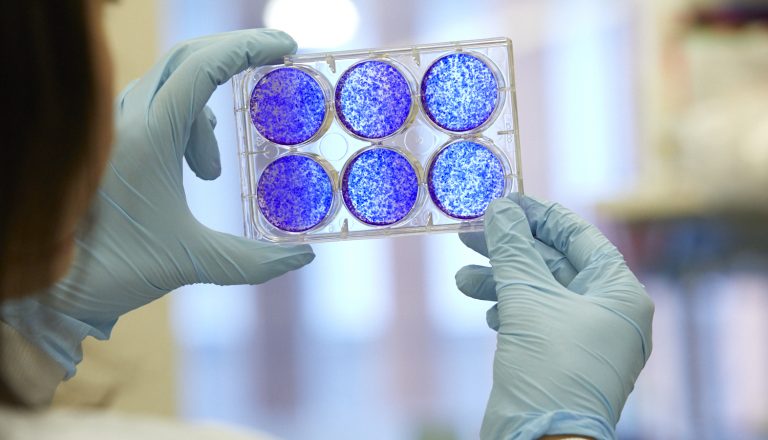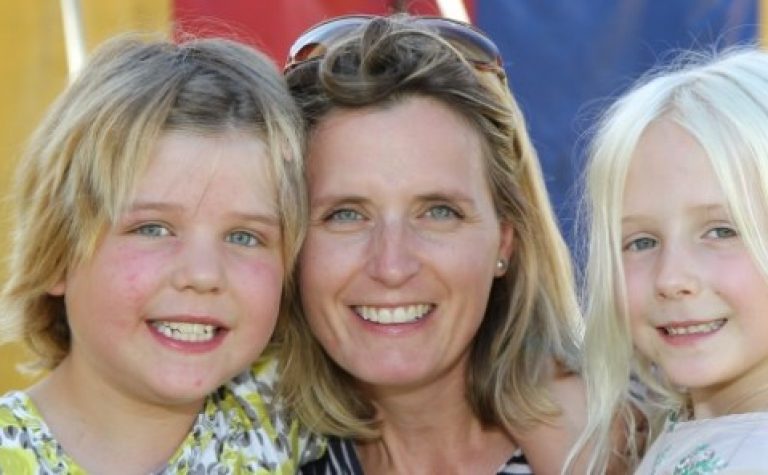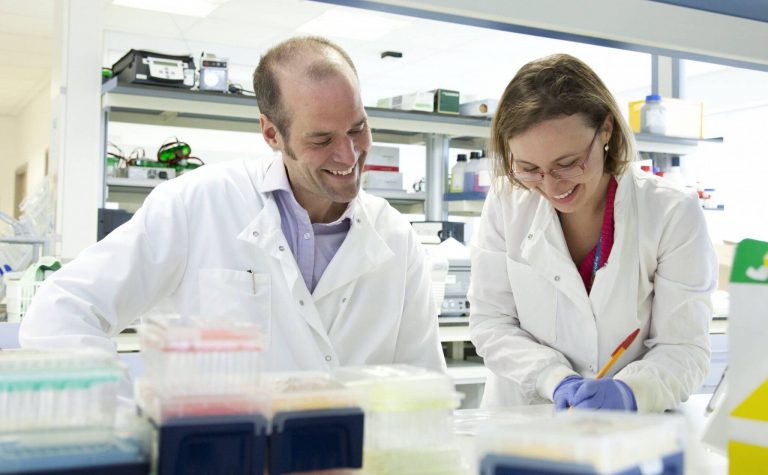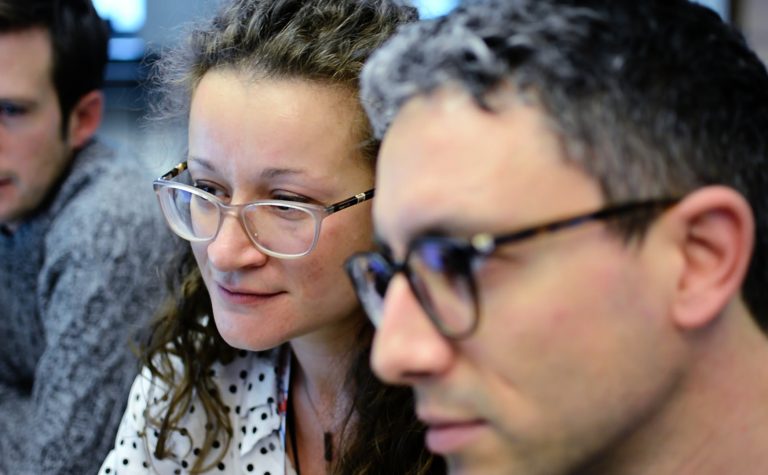About the research team
The project is led by Eva Steliarova-Foucher, an epidemiologist from International Agency for Research on Cancer (IARC), who has coordinated other international studies on childhood cancer. In this project Eva will collaborate with Charles Stiller from Public Health England, Kathy Pritchard Jones from University College London and Lars Hjorth from Lund University.
Charles Stiller is an epidemiologist and has played a vital role in the production and use of childhood cancer data in the UK, contributing to international studies. Charles is also a member of the British Childhood Cancer Survivor Study steering group.
Kathy Pritchard-Jones is a paediatric oncologist with strong collaborations with cancer registries and epidemiologists in Australia, Canada, Japan and Europe that focus on outcomes research through enriched clinical data sets.
Lars Hjorth is a paediatric oncologist and haematologist. He is a board member of PanCare, a European networks specialising in late effects of childhood cancer and has coordinated a European project looking at delivering care to survivors of childhood and adolescent cancer.
